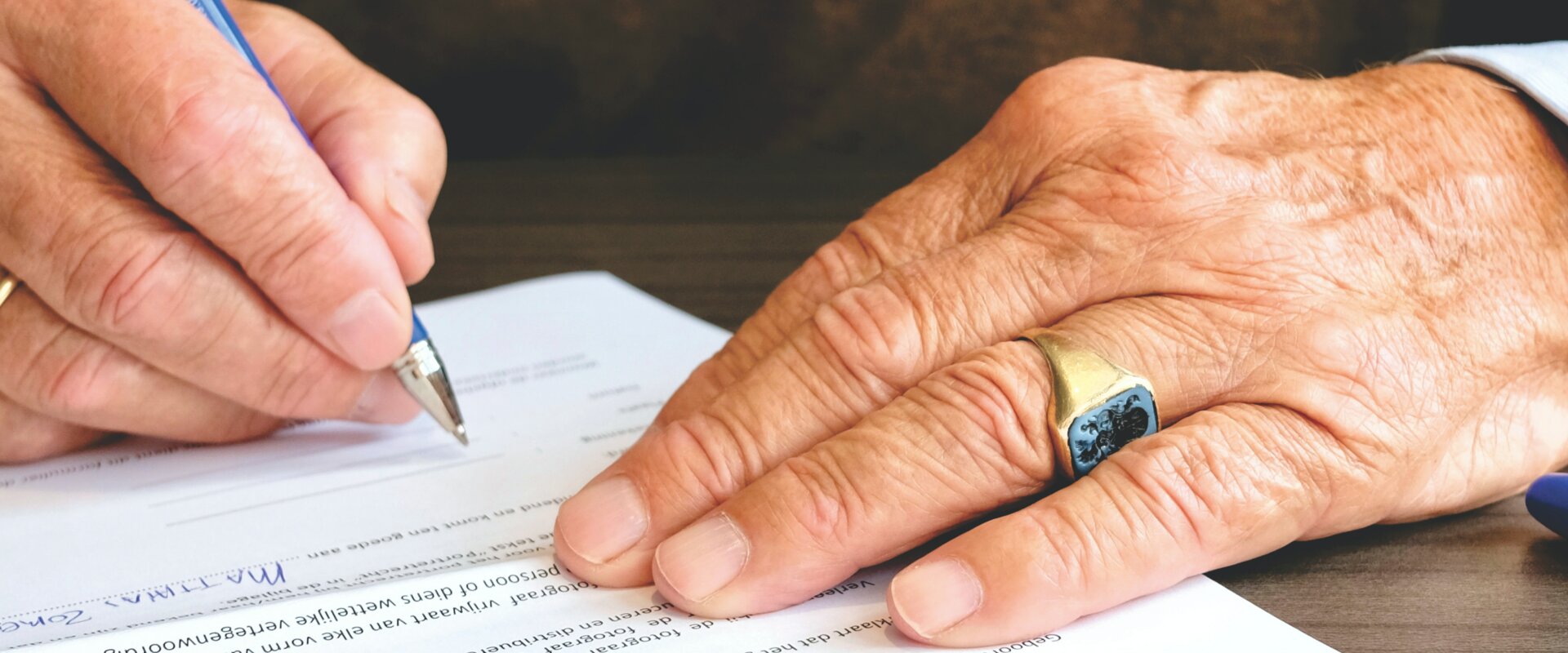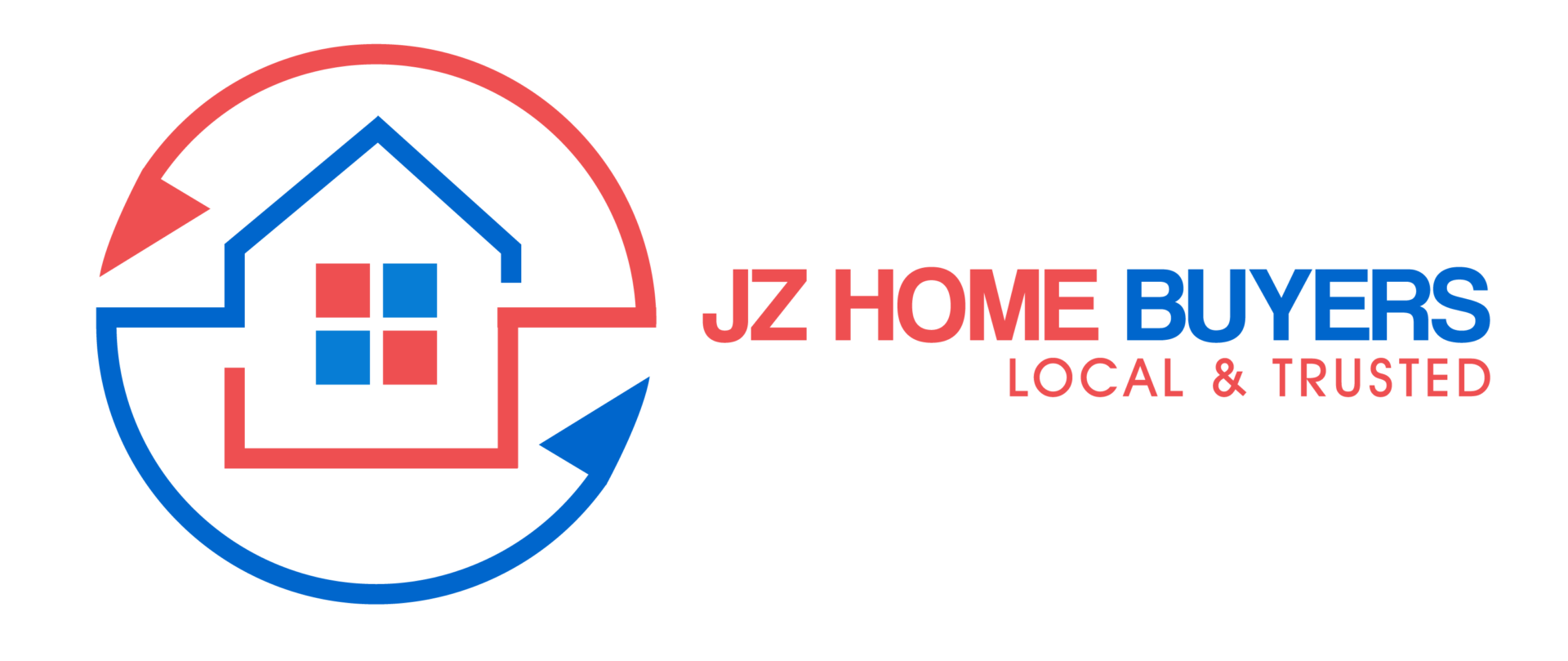
What is an Escrow?
How does it work?
Regardless of where you purchase a home, you will eventually find yourself in escrow. (Don’t be afraid.) It isn’t as horrible as it appears. What exactly is an escrow? It has numerous implications in real estate, but they all boil down to your home and your money being in limbo.
During a transaction, an impartial third party holds something of value in escrow.
Escrow and Offers
When you make an offer on a property, you’ll have to send an earnest money check, which will be held in “escrow.” That means money won’t go to the seller immediately but will be kept by a neutral third party until you and the seller reach an agreement and finish the purchase. You and the seller are both unable to touch it. It’s currently in escrow.
This is significant because it protects both parties. Let’s say you put down earnest money, which went immediately to the seller, but you couldn’t agree on a final buy and selling price. As a negotiating ploy, you don’t want the seller to hold your earnest money hostage. Likewise, the seller will refuse to sign over the deed to the property until you have paid for it. You also won’t want to hand over money until the deed is signed. Escrow ensures that everyone receives their dues at roughly the same time.
Escrow and lenders
You’ll hear about escrow again when you talk with your mortgage lender. They might use terms like “escrow,” “impound,” or “reserves.” It’s fine if they use these terms interchangeably because they all signify the same thing. They are money retained by your lender to pay your homeowners insurance and property taxes. Lenders will collect them monthly with your loan payment and pay the tax and insurance fees as they become due. Because your lender has a vested interest in seeing that those payments are made, this is the case. You may also hear the word “prepaid.” That’s money set aside for certain bills ahead of time so they’ll be able to pay them when they’re due.
Escrow and closing
Finally, you may hear someone mention “escrow closing.” This is the point at which your purchase is complete. The final documentation, as well as the exchange of monies and recording of deeds, will be overseen by a closing or “escrow officer.” Before closing the escrow, this person, who is sometimes an attorney, will ensure that all funds have been correctly disbursed, that all documents have been signed and documented, and that all relevant requirements have been met.
What is a hold-back of funds?
While funds are still held in escrow, the deal may be finalized and ownership transferred. If you agree to let the seller’s family stay in the house for an extra week until their new home is ready, you’ll sign a “rent-back” agreement that requires the seller to pay you a daily rate for the duration of their stay. Your real estate agent will likely advise you to have the escrow agency hold back a portion of the seller’s money until the seller has moved out and left the house in the condition required in your contract.
Perhaps you found a flaw in the house during your final walkthrough. Perhaps the seller agreed to perform the repair, but it couldn’t be done before the closing date. To pay the cost, money can be held in escrow.
If you’re buying a new home, funds may be held in escrow until all of the work is completed and you’ve signed off on it.
You and the seller will receive a final closing statement and other documentation in the mail once escrow is completed and all money has been disbursed. If you see an error on the statement, call the closing agent as soon as possible. The statement should be kept among your most significant documents. It’ll come in handy when it’s time to file your next tax return.
If you want to sell your home quickly for cash and would like additional information, Please contact JZ Home Buyers at 817-382-3579 or visit www.jzhomebuyers.com We’ll be happy to talk about how this might be the best solution for you. We guarantee that you will obtain all of the information you require without charge or obligation.


